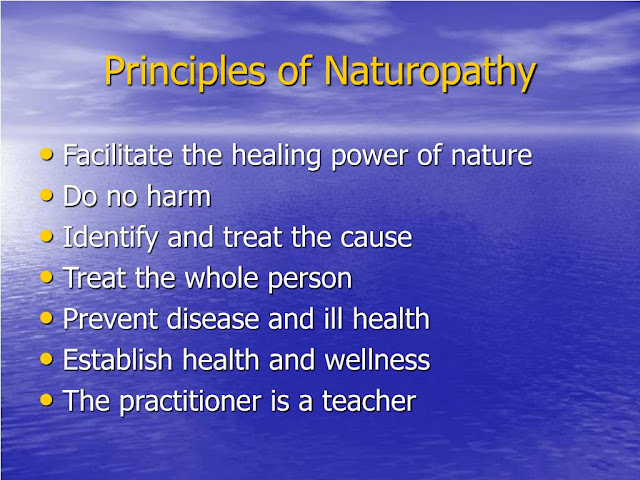Nature's Remedies
Nature's Remedies: Harnessing the Power of Natural Medicine for Optimal Well-being"
Natural medicine refers to a broad range of healing practices that utilize natural remedies, traditional knowledge, and holistic approaches to promote health and well-being. It encompasses various disciplines, including herbal medicine, traditional Chinese medicine, Ayurveda, naturopathy, homeopathy, and other alternative therapies. Here are some key topics and content areas related to natural medicine:
1. Herbal Medicine:
Introduction to herbal medicine and its historical use.
- Commonly used medicinal plants and their therapeutic properties.
- Preparing and using herbal remedies, such as teas, tinctures, and poultices.
- Safety considerations and potential interactions with conventional medications.
- Evidence-based research on the effectiveness of herbal treatments for specific conditions.
2. Traditional Chinese Medicine (TCM):
- Overview of TCM principles, including Yin-Yang theory and the concept of Qi.
- Acupuncture and acupressure: techniques, meridians, and their applications.
- Chinese herbal medicine: commonly used herbs and formulas.
- TCM diagnostics: pulse reading, tongue examination, and other assessment methods.
- TCM for specific conditions, such as pain management, digestive disorders, and stress reduction.
3. Ayurveda:
- Introduction to Ayurvedic principles and the three doshas: Vata, Pitta, and Kapha.
- Ayurvedic herbs and their therapeutic uses.
- Ayurvedic dietary recommendations and lifestyle practices for optimal health.
- Ayurvedic body therapies, including Abhyanga (oil massage) and Panchakarma (detoxification).
- Ayurveda as a holistic approach to health and its integration with modern medicine.
4. Naturopathy:
- Core principles of naturopathic medicine, including the healing power of nature and the body's self-healing abilities.
- Nutritional medicine: importance of diet, vitamins, minerals, and supplements in maintaining health.
- Hydrotherapy, detoxification, and other naturopathic treatment modalities.
- Lifestyle counseling, stress management, and mind-body techniques.
- Integrative approaches: combining naturopathic and conventional treatments for optimal outcomes.
5. Homeopathy:
- Basic principles of homeopathy, including the Law of Similars and individualized treatment.
- Homeopathic remedies and their preparation methods.
- Understanding homeopathic dilutions and the concept of potentization.
- Clinical applications of homeopathy for various conditions.
- Research, controversies, and evidence-based perspectives on homeopathy.
6. Integrative Medicine:
- Exploring the integration of natural medicine with conventional medicine.
- Evidence-based approaches to complementary and alternative therapies.
- Mind-body practices, such as meditation, mindfulness, and yoga, in healthcare.
- Collaborative healthcare models and multidisciplinary approaches.
- Addressing patient safety, regulation, and ethical considerations in integrative medicine.
7. Natural Medicine for Specific Conditions:
- Natural approaches to managing common ailments: cold and flu, insomnia, headaches, etc.
- Natural remedies for chronic conditions: arthritis, cardiovascular health, diabetes, etc.
- Supportive care during cancer treatment: natural interventions and symptom management.
- Mental health and natural interventions for stress, anxiety, depression, and sleep disorders.
- Women's health: natural approaches to menstrual issues, menopause, and hormonal balance.
Remember that natural medicine should be approached with caution, and it's important to consult with qualified healthcare professionals before incorporating any new treatments or remedies into your healthcare routine.









Comments